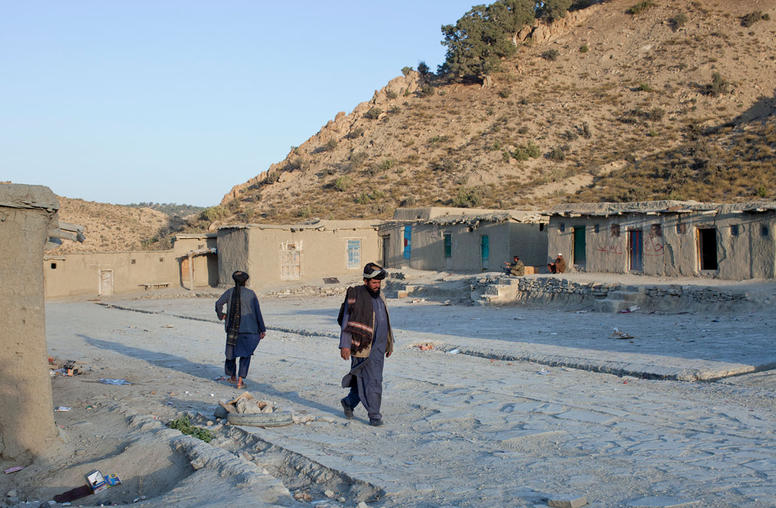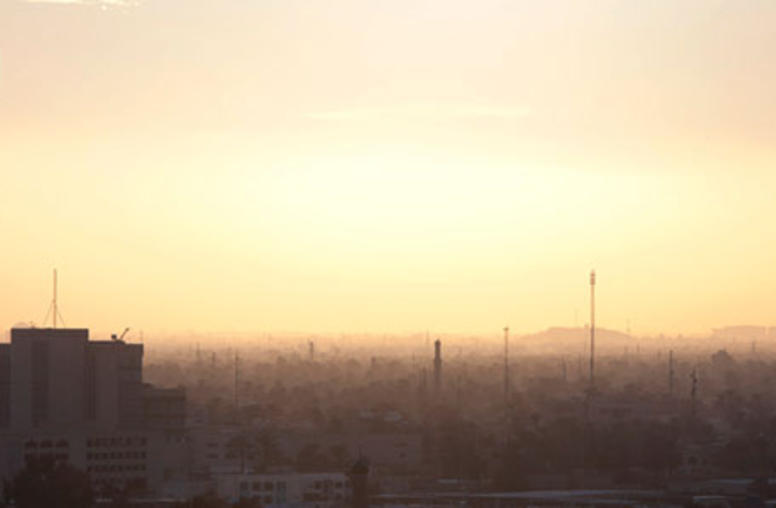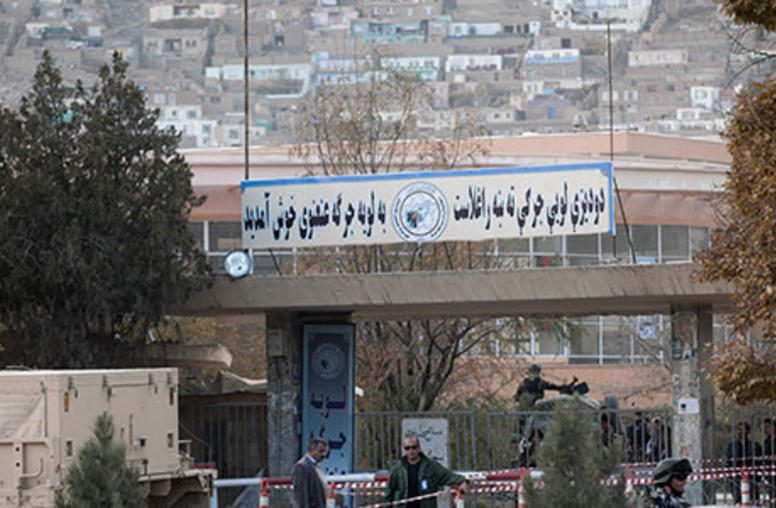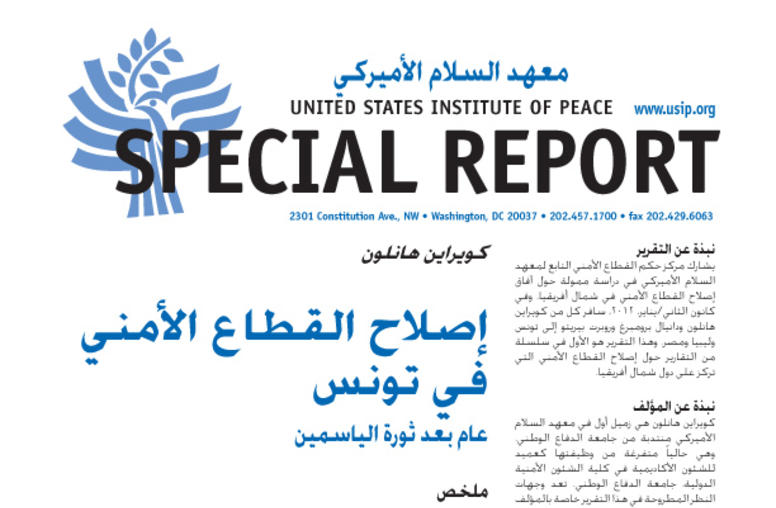Islam and Democracy
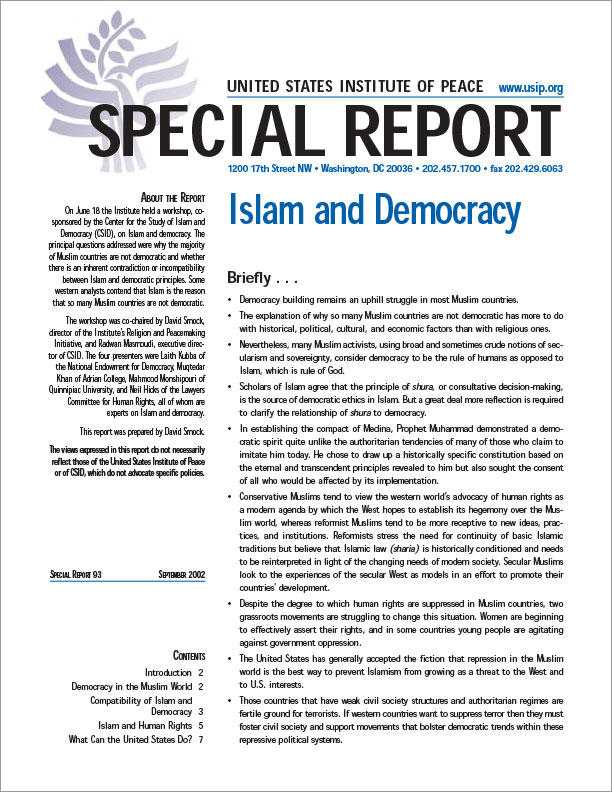
Summary
- Democracy building remains an uphill struggle in most Muslim countries.
- The explanation of why so many Muslim countries are not democratic has more to do with historical, political, cultural, and economic factors than with religious ones.
- Nevertheless, many Muslim activists, using broad and sometimes crude notions of secularism and sovereignty, consider democracy to be the rule of humans as opposed to Islam, which is rule of God.
- Scholars of Islam agree that the principle of shura, or consultative decision-making, is the source of democratic ethics in Islam. But a great deal more reflection is required to clarify the relationship of shura to democracy.
- In establishing the compact of Medina, Prophet Muhammad demonstrated a democratic spirit quite unlike the authoritarian tendencies of many of those who claim to imitate him today. He chose to draw up a historically specific constitution based on the eternal and transcendent principles revealed to him but also sought the consent of all who would be affected by its implementation.
- Conservative Muslims tend to view the western world's advocacy of human rights as a modern agenda by which the West hopes to establish its hegemony over the Muslim world, whereas reformist Muslims tend to be more receptive to new ideas, practices, and institutions. Reformists stress the need for continuity of basic Islamic traditions but believe that Islamic law (sharia) is historically conditioned and needs to be reinterpreted in light of the changing needs of modern society. Secular Muslims look to the experiences of the secular West as models in an effort to promote their countries' development.
- Despite the degree to which human rights are suppressed in Muslim countries, two grassroots movements are struggling to change this situation. Women are beginning to effectively assert their rights, and in some countries young people are agitating against government oppression.
- The United States has generally accepted the fiction that repression in the Muslim world is the best way to prevent Islamism from growing as a threat to the West and to U.S. interests.
- Those countries that have weak civil society structures and authoritarian regimes are fertile ground for terrorists. If western countries want to suppress terror then they must foster civil society and support movements that bolster democratic trends within these repressive political systems.
- The United States should: (a) increase substantially the amount of U.S. foreign assistance that is spent on promoting democracy in the Muslim world; (b) provide governments and key interest groups in Muslim societies with incentives to engage in democratic reforms; (c) take seriously the existing framework of multilateral agreements and treaties that bear on democratization, such as those in the field of human rights; and (d) promote regional accountability mechanisms.
About the Report
On June 18 the Institute held a workshop, co-sponsored by the Center for the Study of Islam and Democracy (CSID), on Islam and democracy. The principal questions addressed were why the majority of Muslim countries are not democratic and whether there is an inherent contradiction or incompatibility between Islam and democratic principles. Some western analysts contend that Islam is the reason that so many Muslim countries are not democratic.
The workshop was co-chaired by David Smock, director of the USIP's Religion and Peacemaking Initiative, and Radwan Masmoudi, executive director of CSID. The four presenters were Laith Kubba of the National Endowment for Democracy, Muqtedar Khan of Adrian College, Mahmood Monshipouri of Quinnipiac University, and Neil Hicks of the Lawyers Committee for Human Rights, all of whom are experts on Islam and democracy.
This report was prepared by David Smock.
The views expressed in this report do not necessarily reflect those of the United States Institute of Peace or of CSID, which do not advocate specific policies.
